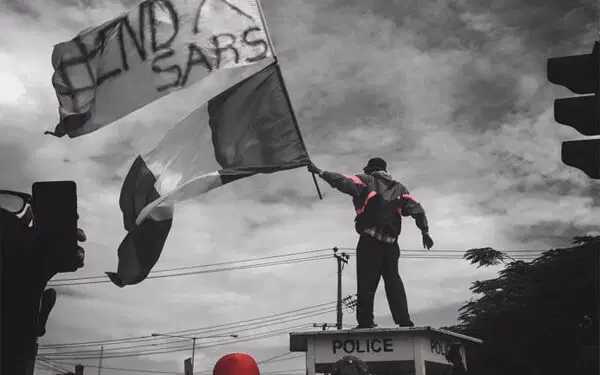Five years after the #EndSARS protests that shook Nigeria, victims and human rights lawyers say justice remains elusive, accusing government institutions of ignoring court rulings and panel recommendations.
The nationwide demonstrations of October 2020 began as a youth uprising against police brutality but ended in bloodshed, most notably at the Lekki Toll Gate, where soldiers allegedly opened fire on unarmed protesters. Despite findings by judicial panels confirming rights violations and recommending compensation, most victims are yet to be paid, and no security official has faced prosecution.
Former NBA Welfare Secretary, Kunle Edun, SAN, described #EndSARS as “a dark page in Nigeria’s history”, lamenting that disobedience to court judgments undermines democracy. Human rights lawyer Deji Adeyanju blamed “a culture of impunity and lack of political will” for the stalled implementation of panel reports.
Similarly, Amanda Demechi-Asagba, who served on the Lagos Judicial Panel, said victims deserve “restitution, not rhetoric”, while Evan Ufeli of Cadrell Advocacy Centre accused government agencies of “institutional cover-ups” that frustrate accountability.
As Nigeria marks the fifth anniversary, activists warn that without genuine police reform and enforcement of justice, the grievances that fueled the 2020 protests could resurface. The call for justice, they insist, still echoes: “Soro Soke — speak up!”

